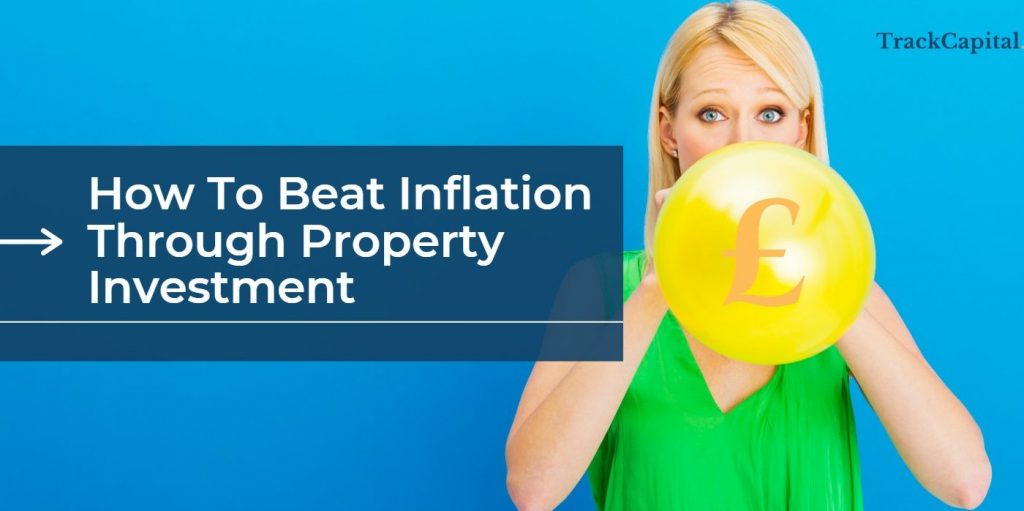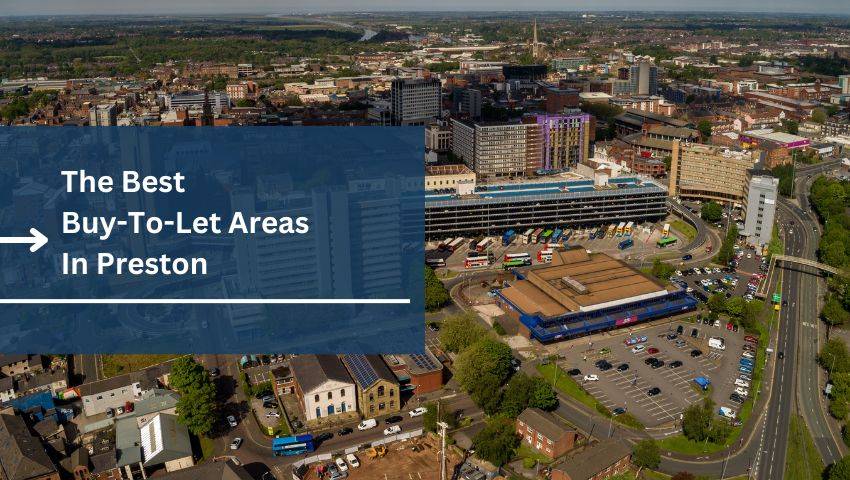In the UK, inflation is rising quickly and is among the worst of the G7 nations. Bank of England figures reveal that inflation hit 9.4% in June 2022 and could soar to more than 13% by October 2022.
Because of this, investors are looking for ways to hedge against rising prices. They want assets protecting their wealth as the pound plummets in value on international markets. Regular savings accounts are a big no-no right now.
Fortunately, property may provide an answer. While the property market is never guaranteed (see the global housing crash of 2008, for example), it is still one of the most sensible, data-backed, long-run hedges against inflation.
Why Property Beats Inflation
Inflation is hitting a forty-year high in the UK for two reasons: rising input costs (such as oil and gas) and the excess money supply hangover generated by the pandemic. As a result, more pounds are chasing fewer goods, leading to price spikes across the board.
For anyone with cash savings, this is a big deal. As inflation goes up, the purchasing power of money goes down. In simple terms, at the current rate of inflation (which is changing rapidly, so forgive us if these figures are out of date), savings of £100 in 2022 buy 9.4% less than they did in 2021, on average.
As such, keeping money stashed under your pillow is a bad strategy. In the words of investment guru Ray Dalio, “cash is trash.” The longer you hold onto it, the more value it loses.
Property, though, provides a defence against the eroding value of money. Real estate is, in essence, a good, just like food, cars, medicine, and care services. Therefore, when the amount of money in circulation rises, house prices also rise to maintain relative prices with other goods in the economy. For instance, holding all other factors equal, ten new cars should roughly equal the price of one new house over time.
Of course, in the UK, house prices have been rising faster than wages and inflation since the mid-1990s for various reasons. But even if that stops, houses will still offer investors an inflation hedge to preserve their wealth in the long run. Things like increases in supply and rising interest rates on mortgages only have a short-term effect. Eventually, the price of housing returns to its relative value vis-á-vis other goods in the economy.
Why Buy-To-Let Properties Are An Even Better Way To Beat Inflation
With that said, buy-to-let property investment may be an even better way to beat inflation. That’s because you can increase rental incomes simultaneously as house price appreciation takes effect.
Rents tend to rise as rental properties become costlier to buy. During inflation, the nominal cost of property purchases increases, requiring investors to borrow more. Landlords want a good return on their capital (versus other options, like stocks or bonds), so they start charging more. Eventually, they collectively put up prices, forcing tenants to accept higher rates.
If you own a buy-to-let property, you can benefit from this process personally for as long as you own the property. If inflation strikes, general property prices will rise, allowing you to increase rents year-on-year, maintaining the purchasing power of your cash flow.
The way this works is simple. For instance, if you rent out a unit in 2022 for £500 per calendar month and inflation is 10%, you may be able to increase it to £550 per month in 2023 and then £605 per month in 2024. Because of inflation, your cash flow increased by more than £105, counteracting the effects of inflation.
At the same time as your assets are increasing in value, your debt is also decreasing. Inflation hacks away at the real value of your mortgage, making it cheaper to pay off.
Consider this: imagine you take out a mortgage in 2022 on a buy-to-let property earning you £500 per month. The monthly mortgage cost is £200. As inflation bites, your income rises to £550, then £605, but your mortgage costs remain the same at £200 per month. In real terms, the cost of borrowing becomes cheaper. In the first year, the cost of the mortgage was 40% of the rental income, but in the third year, it was just 32%. And in future years, it will fall even lower.
Conclusion
Even if the current inflationary episode is transitory, inflation is a fact of life. Since 2000, it’s averaged 2% in the UK, meaning that the value of a pound has halved in the last twenty years. But when you own property, your wealth rises with inflation, maintaining your purchasing power and the real value of your cash flow.




































